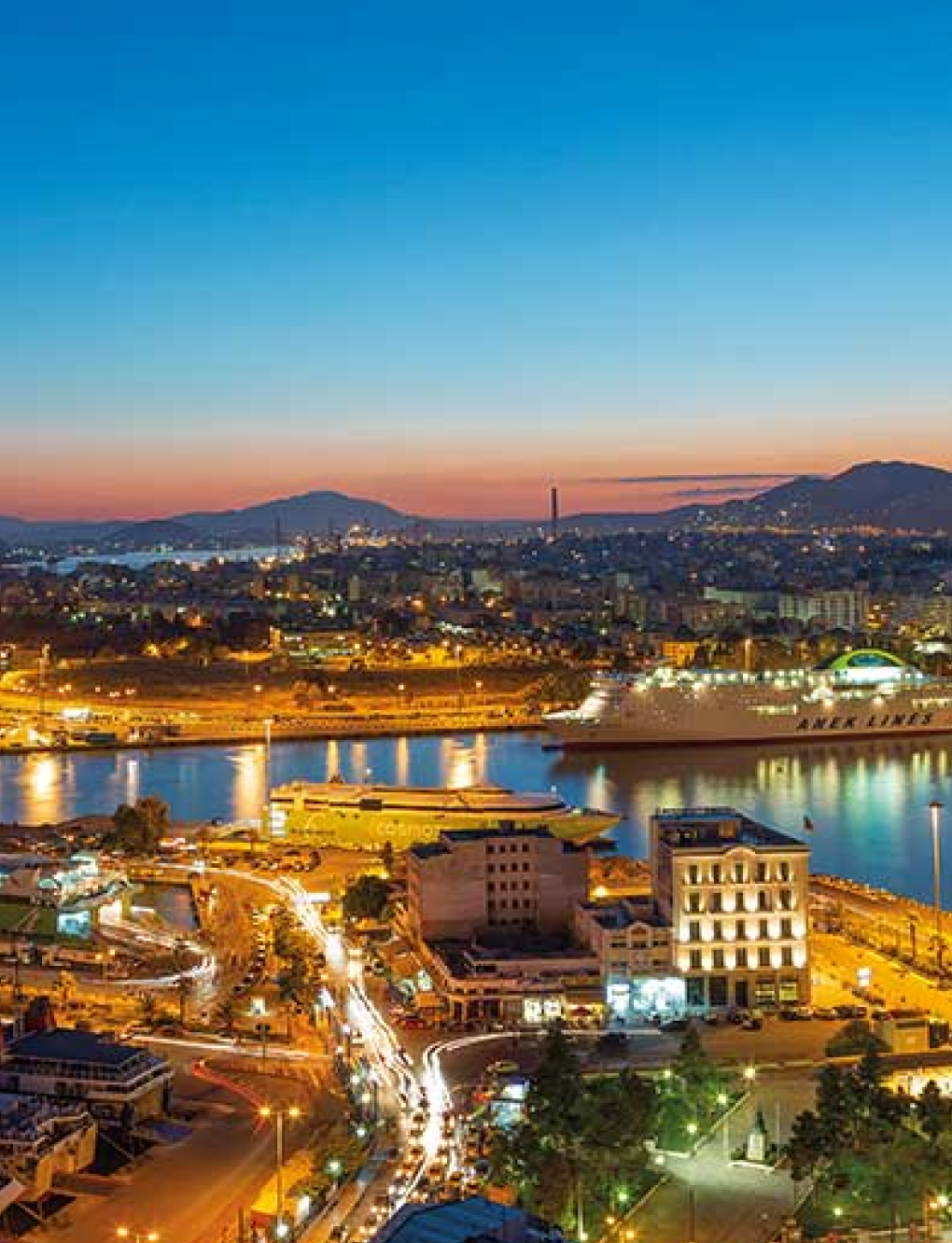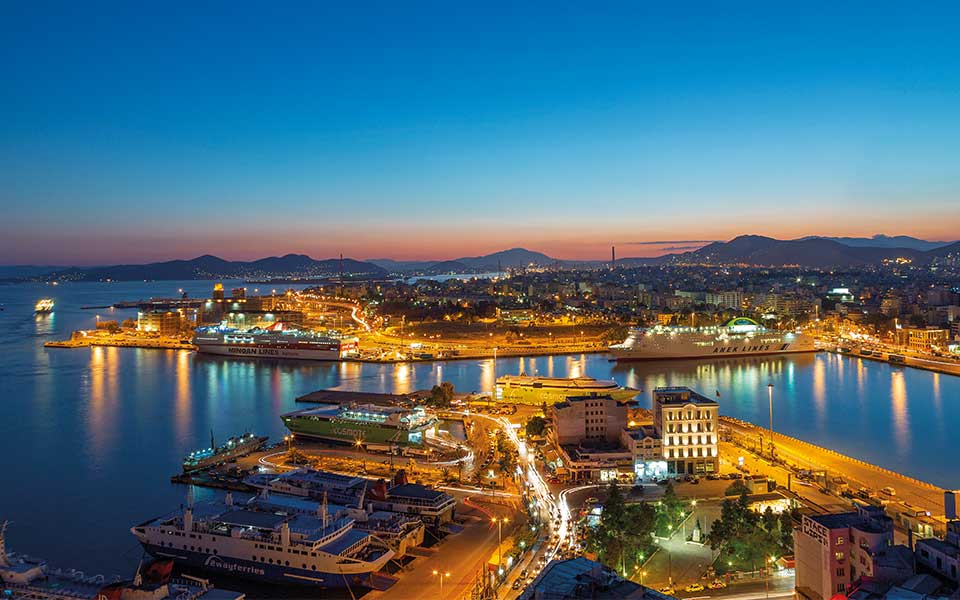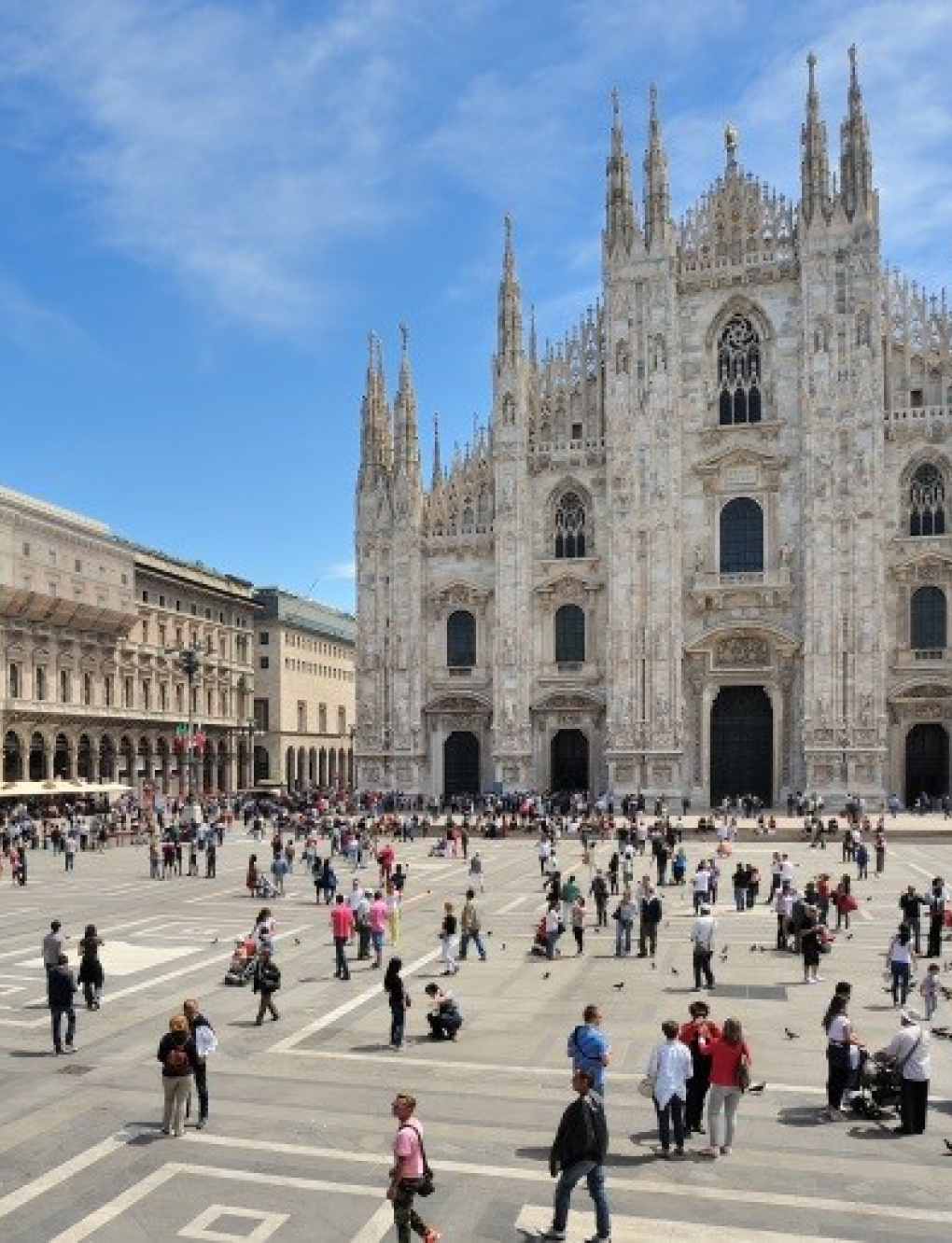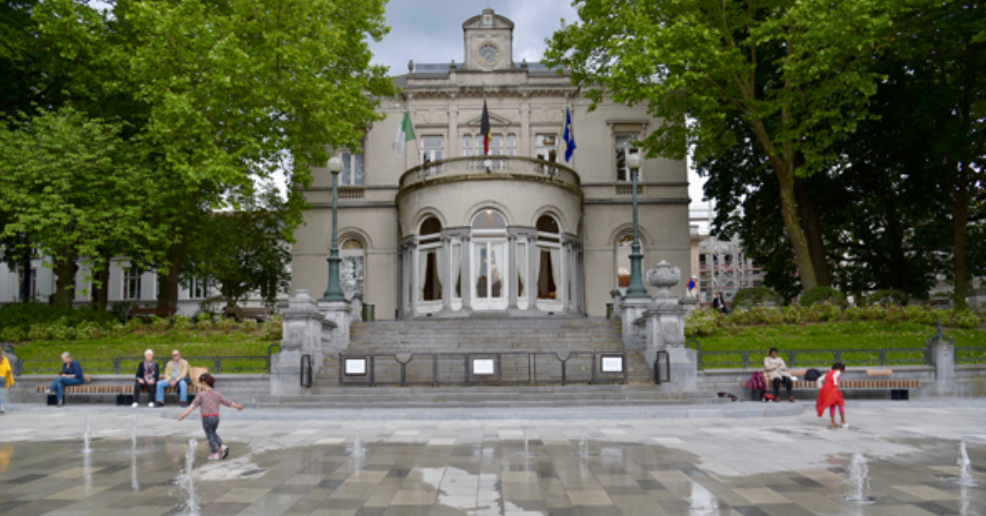
HARMONIA Pilot Cities
HARMONIA's solutions are developed with the support of the 4 pilot cities: Milan, Ixelles, Piraeus and Sofia.
Every city has different requirements, and needs
Watch the video and discover the challenges the 4 pilot cities are facing and how HARMONIA will help tackle them.

Sofia

Sofia
In its centuries-long development, Sofia has always played an important role in the history of the Bulgarian lands, both as a centre and a natural intersection of the roads linking the East with the West, as well as the countries north of Bulgaria to that south of it. It is a unique city that is growing but does not get old, brightly looking to the future with more than 7 000 years of history.
Sofia is located in the Sofia Valley with an altitude of about 550 meters on a territory of 1,311 sq. km, of which:
- populated areas and urbanized territories occupy 245.5 sq. km,
- agricultural land – 509 sq. km,
- forest areas – 466.5 sq. km,
- mining areas – 40.5 sq. km,
- territories for transportation and infrastructure – 20.6 sq. km and
- watercourses and water areas – about 40 sq. km.
The current population of Sofia municipality is 1,152,556, spread across 38 localities, including 4 cities: Sofia, Bankya, Buhovo and Novi Iskar.
Sofia municipality is exposed to a range of natural and anthropogenic hazards such as floods, landslides, earthquakes, extreme weather events (e.g., heat and cold waves, snowstorms), as well as potential transport, chemical, industrial and nuclear accidents. The level of risk associated with several of these hazards is expected to grow due to climate change and increasing levels of urbanization and industrial development. As noted in Bulgaria’s National Climate Change Adaptation Strategy (2019), climate change is predicted to increase the frequency and intensity of weather-related hazards, thus further exacerbating the adverse effects of disasters on economic and social development. Because of this, disaster risk management (DRM) plays an important role in the sustainable development of the country and is among the priorities of the mayor of Sofia municipality and the government of Bulgaria.
Sofia Municipality was selected as a pìlot city since it exhibits Climate Change effects common to European cities. This will facilitate extending the results of HARMONIA to other settlements with similar characteristics and Climate Change requirements.

Piraeus

Piraeus
Piraeus (Ancient Greek: Piraeus) is a city in Attica and the most important port in Greece and the eastern Mediterranean. The Municipality of Piraeus is the fifth largest in Greece, with a population of 163,688, according to the 2011 census, while its area is 10,865 sq.km. The wider area of Piraeus (Peripheral Unit) consists of the homonymous municipality and four more municipalities, with a total population of 448,997 inhabitants and an area of 50.42 sq.km.
Due to the geographical position of the Municipality, which is an urban lowland area with slightly wavy relief, the climate of the area belongs to the dry Mediterranean type, while its main characteristics make it mild. In particular, the climate of Piraeus according to data of the period 1960-2004 is hot semi-arid during the Climate classification of Keppen. The main features of the area are the clear sky for most of the year, the long-lasting autumns, the sufficient humidity especially in winters, and the hot and dry summers. Snowfalls in winter are rare and whenever they occur, they are usually mild while heavy rainfalls range from late September to late April.
On the socioeconomic side, Piraeus presents an employment rate of 36.1%, approximately in the middle between the percentages of the country and the region, and is invested in addressing Climate Change effects to improve to the well being of its citizens.

Milan

Milan
Public administrations face now more than ever the so-called “wicked problems”: complex and articulated challenges among which climate change stands out. Milan is learning to act in a practical and tangible way, through innovative tools and actions to develop a new framework for growth and development.
In a city that has a population density close to 7,700 inhabitants/km2, adapting and reponding to the effects of climate change is not only an environmental issue, it is also a question of reducing and managing the vulnerabilities inhabitants are subjected to. Therefore, considering the almost 1.4 million inhabitants and the complexities of densely populated areas, the city needs to take part in international networks and initiatives, adopting measures to initiate urban regeneration processes and to improve quality of life.
Milan is focusing on risk evaluation, monitoring and assessments related to its main risks: air pollution, urban heat island effects and urban flooding. By observing climate data and analizing climate change through existing and new technologies, this pilot city aims to contribute in creating a support system to improve the resilience and sustainability of cities’ urban fabric.

Ixelles

Ixelles
Project Harmonia’s Presentation Video – French
Project Harmonia’s Presentation Video – Dutch
Located in the south of Brussels, the Municipality of Ixelles is a municipality of more than 87,000 inhabitants spread over 6.3 km².
Ixelles is a multicultural municipality characterised by a rich human diversity, neighborhoods with their own atmosphere and varied economic, cultural, sporting and social activities.
The leaders of Ixelles Municipality have placed the ecological issue high on their agenda : whether through the creation of an ambitious climate plan or the improvement of air quality, the issue of climate change is present in many projects.
With this in mind, the Municipality has decided to become a partner in the HARMONIA project: with the aim to build a tool that will enable any user to assess its resilience to climate change and thus to anticipate and better prioritise the actions that will be implemented.
As a dense municipality, Ixelles is indeed concerned by many climate change effects, notably temperature rises / urban heat islands, loss of ecosystems and degrading biodiversity and air pollution.
Ixelles hopes to obtain a reliable and comprehensive decision-making and communication tool to inform on the impact of climate change on the Municipality.
